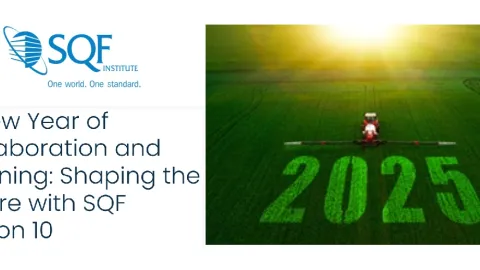News Asia
Please note that you have to be a registered member with paid membership in order to see full articles.
Become a MemberSelected News

Stratus Automation Achieves Triple ISO Certification with BSI Support
Stratus Automation has earned triple certification to ISO 9001, ISO 14001, and ISO 45001, marking a major milestone in its quality, environmental, and occupational health and safety journey.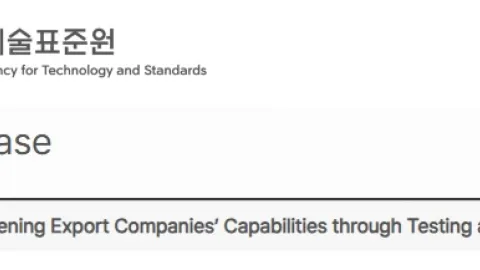
KATS Celebrates World Accreditation Day with Awards for Export and Testing Excellence
The Korean Agency for Technology and Standards (KATS) marked World Accreditation Day 2025 with a ceremony on July 17, recognizing 21 people and organizations that helped boost Korea’s exports and testing capabilities.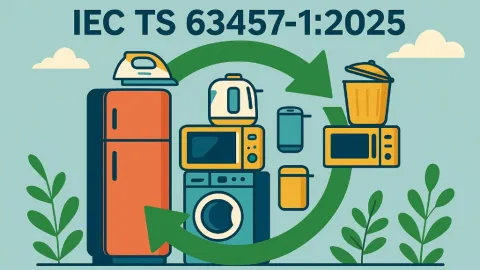
First Circular Economy Appliance Safety Standard Released by IEC with China’s Lead
IEC TS 63457-1:2025, the first international safety standard for household appliances in the circular economy, has officially been published under China's leadership.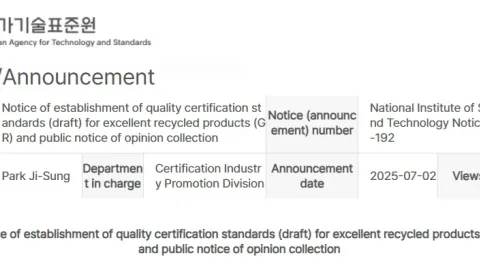
Three Recycled Product Standards Under GR Label Open for Comment in Korea
South Korea’s Korean Agency for Technology and Standards (KATS) has proposed new quality certification standards under the GR (Excellent Recycled Product) label and is now collecting public comments until August 2.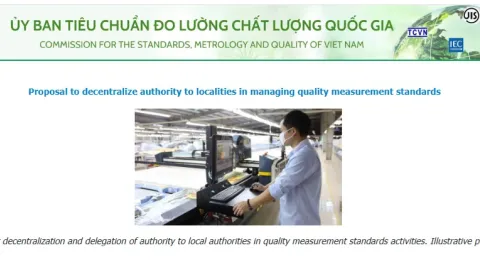
Vietnam Plans to Decentralize Quality and Measurement Oversight
Vietnam’s Ministry of Science and Technology (MOST) is proposing a circular that would shift key responsibilities in managing standards, measurement, and quality to local governments.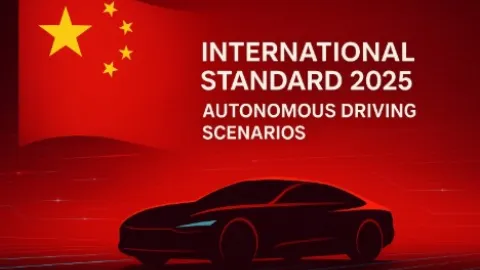
China Leads Release of Global Standard for Testing Self-Driving Cars with ISO 34505
China has led the release of a major international standard, ISO 34505:2025, which sets out how to create and evaluate test situations for self-driving cars to ensure they operate safely and reliably.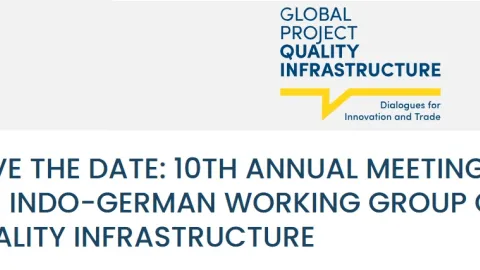
Germany and India to Host 10th Annual Quality Infrastructure Meeting in New Delhi
The 10th Annual Meeting of the Indo-German Working Group on Quality Infrastructure will take place on July 16, 2025, at the India Habitat Centre in New Delhi.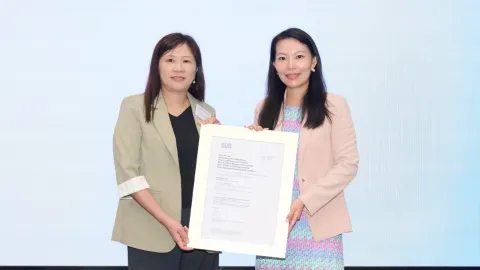
Sino Group Recognized for Applying ISO 20400 in Procurement
Sino Group, one of Hong Kong’s leading property developers, has been recognized for aligning its procurement practices with the ISO 20400 Sustainable Procurement – Guidance, following an independent assessment conducted by SGS.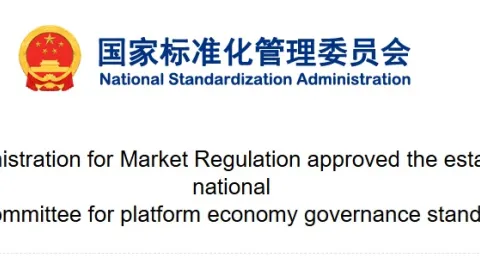
China Sets Up New Committee to Develop Standards for Online Platform Commerce
China’s State Administration for Market Regulation (SAMR) has approved the creation of a new national technical committee to develop standards for how online commerce platforms should operate.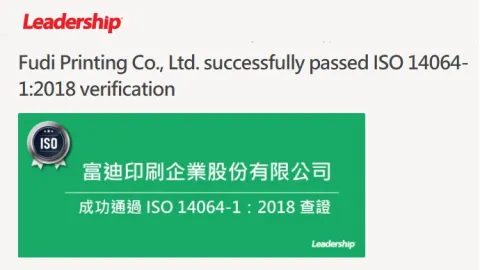
Fudi Printing Earns ISO 14064-1 Certification for Greenhouse Gas Management
Fudi Printing Co., Ltd. has earned certification to ISO 14064-1:2018 for measuring and managing greenhouse gas (GHG) emissions, supported by guidance from ISO Leadership.
BIS Highlights Home Electrical Safety in Standards Watch 12
The Bureau of Indian Standards (BIS) has released Standards Watch 12, the latest episode in its ongoing video series spotlighting Indian Standards.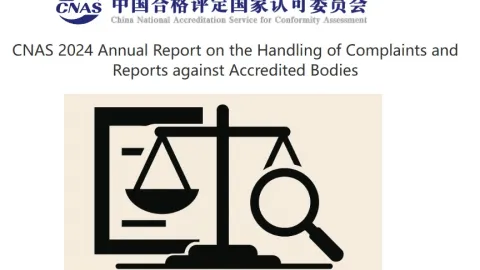
CNAS Sanctions 29 Accredited Bodies After 2024 Complaint Investigations
The China National Accreditation Service for Conformity Assessment (CNAS) handled 125 complaints in 2024 concerning accredited inspection, testing, and certification bodies.Global News

Equitable Earth Forest Carbon Credit Standard Aims to Restore Market Trust
A new forest carbon credit standard and accreditation system are expected to launch by 2026 under the leadership of Equitable Earth.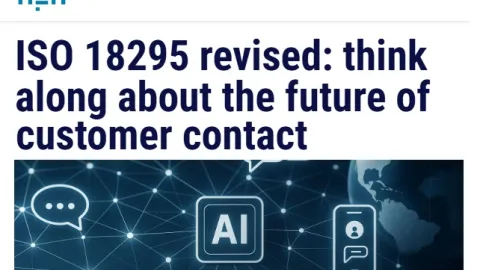
ISO 18295 Revision: Modern Communication Trends Reshape Customer Contact Standards
The International Organization for Standardization (ISO) has launched a revision of its two customer contact standards, ISO 18295-1 and ISO 18295-2, to reflect current communication practices and the growing role of artificial intelligence in customer interactions.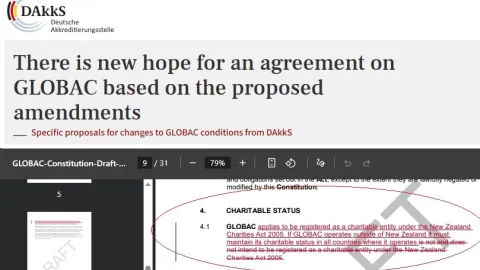
DAkkS Proposes GLOBAC Fix: No Conflicts of Interest, No Profit Motive
The German Accreditation Body (DAkkS) has proposed legal changes to GLOBAC that would allow EU national accreditation bodies to join without violating European law.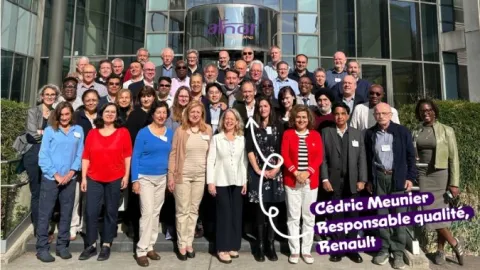
France and Norway to Lead Committee in Charge of ISO 9000 Family of Standards
The French Standardization Association (AFNOR) and Standard Norway (SN) will jointly lead ISO/TC 176, Quality management and quality assurance, the ISO technical committee responsible for the ISO 9000 family of quality management standards.
Second Consultation Round Begins for Global Organic Textile Standard Version 8.0
The second public consultation for Version 8.0 of the Global Organic Textile Standard (GOTS) is now open and will run until August 15, 2025.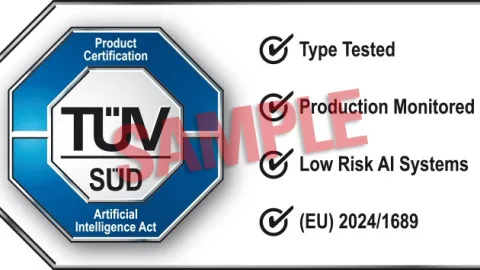
TÜV Süd Launches Voluntary Test Mark for Low-Risk AI Systems
TÜV Süd has launched a voluntary certification mark for low-risk AI (artificial intelligence) systems, allowing manufacturers to prove the quality of their AI solutions even when no legal requirements apply.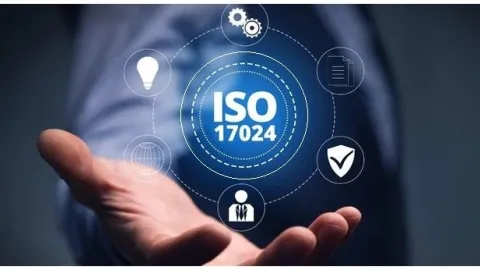
Draft of ISO 17024 for Certification of Persons Wins Overwhelming Approval
The draft of ISO/IEC 17024, a conformity assessment standard for certifying persons, has been approved by ISO, IEC, and CEN.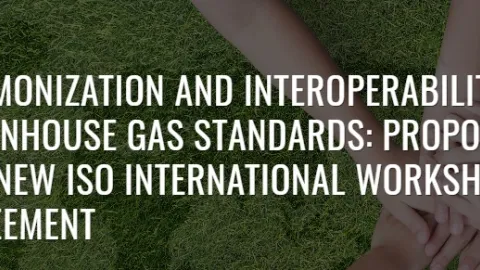
New ISO Agreement Proposed to Align Global Greenhouse Gas Accounting Rules
A new ISO International Workshop Agreement (IWA) has been proposed to harmonize greenhouse gas (GHG) accounting standards for industrial products and improve the comparability of emissions data across global supply chains.
Two New Papers Map AI and Multimedia Authenticity Standards
The AI and Multimedia Authenticity Standards Collaboration (AMAS) released two major papers on July 11 at the AI for Good Global Summit in Geneva.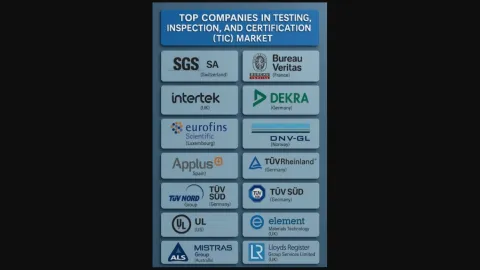
TIC Market Expected to Reach USD 282.76 Billion by 2030
The global testing, inspection, and certification (TIC) market is projected to grow from USD 239.48 billion in 2025 to USD 282.76 billion by 2030, with a compound annual growth rate of 3.4%, according to a new report by MarketsandMarkets.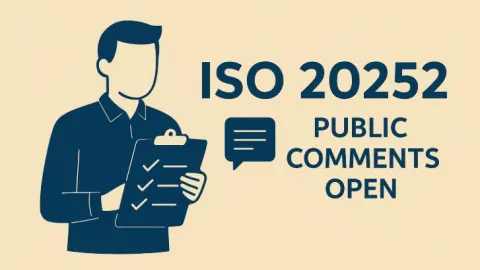
Public Comments Open on Draft Revision of ISO 20252 Market Research Standard
A revised draft of ISO 20252—covering vocabulary and service requirements for market, opinion and social research—is under international review, with ISO member bodies invited to submit feedback by September 4.